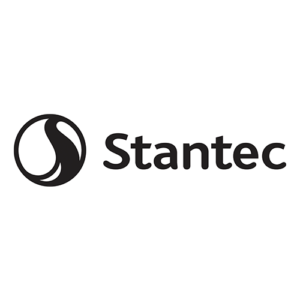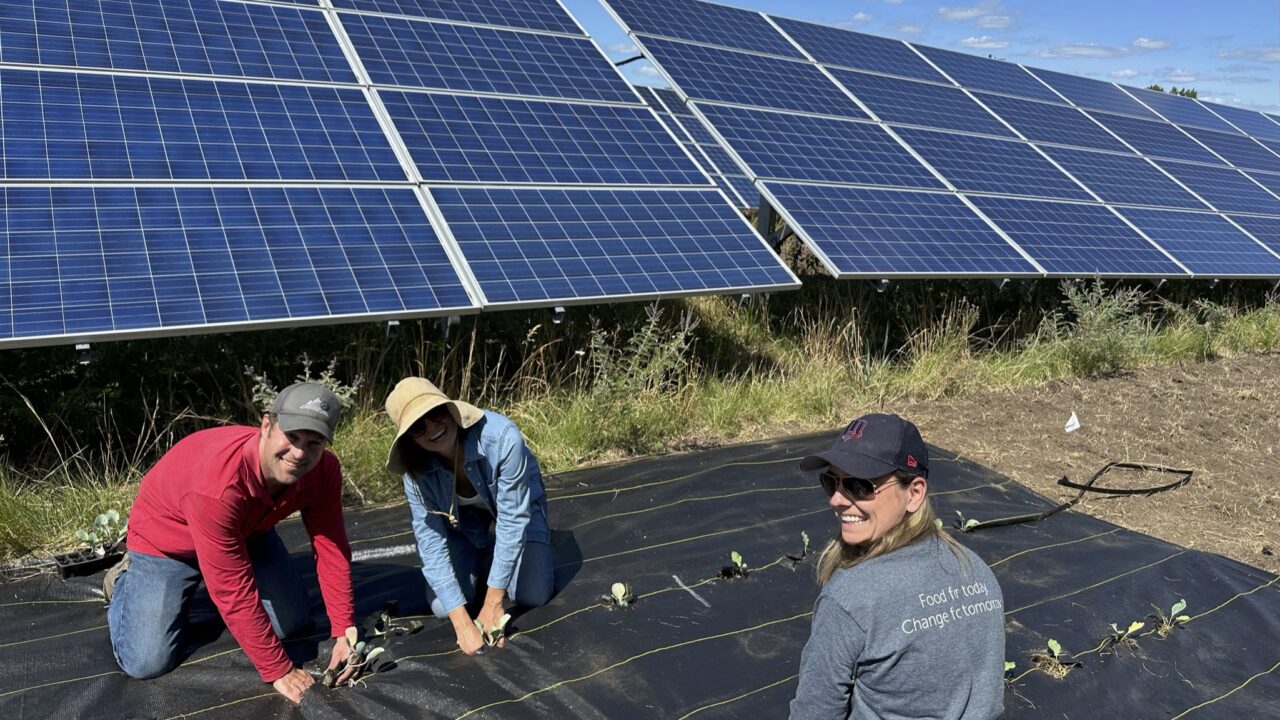The Food Group’s Solar Farmland Access – Emerging Farmers project seeks to increase land access for emerging, BIPOC, and immigrant farmers by utilizing spaces under and around solar farms. Initiated in 2023 with support from the Mortenson Family Foundation, it aims to create and implement best practices, as well as replicable guidance, for electric utilities, solar developers, and specialty crop and direct market farmers looking to collaborate and enable solar facility access.
As the country moves our energy supply to carbon-free sources, this project is solving how solar energy development can be increased while also preserving agricultural land for the people who grow food. Minnesota has great agricultural land that is also often great for solar energy production. Combining solar generation with agriculture creates new ways to help emerging farmers succeed and presents a strong opportunity for a symbiotic relationship between farmers and solar operators.
Solar sites benefit emerging farmers due to their ability to:
- Provide long-term site access as opposed to year-to-year leases.
- Provide beneficial shade to farmers and/or their crops.
- Provide predation protection with fencing.
- Connect to new markets through solar customers.
Building skills, networks, and resources ultimately helps prepare specialty crop farmers for the next stages of their success. For solar operators, farmers can be an intriguing vegetation management partner that also serves as an extra pair of eyes on-site.
Additionally, the Food Group’s incubator program, Big River Farms (BRF), works with farmers who are in constant need of land. Expanding the program to solar sites will enable BRF to build leadership and capacity in the immigrant community, diversify and enhance local food production, improve access for low-income households to healthy food, and build cultural bridges between immigrants and the larger community.
Project partners include Connexus Energy, US Solar, Great Plains Institute, and the National Renewable Energy Lab.
Solar Farmland Access – Emerging Farmers's Interview
When addressing changing the built environment, often the most difficult thing to deal with is zoning and regulation. These regulations almost always represent the configuration of the power of the past. Bringing together many partners, Solar Farmland Access — Emerging Farmers overcame these barriers to demonstrate a way to do more with the same amount of land resources, providing an opportunity for emerging farmers to develop their businesses. We see tremendous potential for this kind of integrated energy and agricultural development.
About the Energy & Climate Category
The Energy & Climate Award recognizes a partnership working across differences to reduce greenhouse gas or carbon emissions, cut energy consumption, enhance climate resiliency, advance energy efficiency, address the changing climate, or improve air quality.

Stantec is a global leader in sustainable design and consulting services. Our firm was recently named one of the most sustainable companies in the world by Corporate Knights, ranking us number one in our industry peer group. We believe our greatest contribution to sustainability is achieved not only in our own corporate practice and culture, but through the services we provide to our clients. We help communities combat climate change and achieve their environmental, social and governance goals. Recognizing that it is critical to take action now to reduce greenhouse gas emissions, we provide integrated solutions to help our clients adapt and advance as they transform to a more resilient, lower-carbon future. Stantec has been a proud member of Environmental Initiative since 1997. Rooted in our belief that improving climate outcomes stems from creativity and innovation, we are honored to sponsor the Energy and Climate Award.
